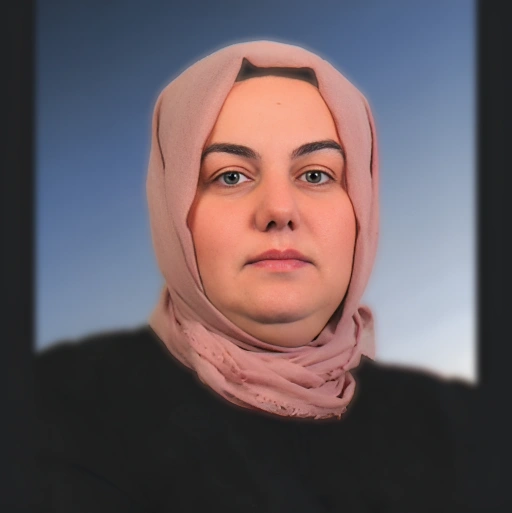The culture-dependent and culture-independent analysis for determination of bacterial diversity within Limnatis nilotica (Clitellata: Hirudinea)
Yazarlar (2)
Prof. Dr. Ali SEVİM
Kırşehir Ahi Evran Üniversitesi, Türkiye
Prof. Dr. Elif SEVİM
Kırşehir Ahi Evran Üniversitesi, Türkiye
| Makale Türü | Özgün Makale (SSCI, AHCI, SCI, SCI-Exp dergilerinde yayınlanan tam makale) | ||
| Dergi Adı | Biologia (Q4) | ||
| Dergi ISSN | 0006-3088 Wos Dergi Scopus Dergi | ||
| Dergi Tarandığı Indeksler | SCI | ||
| Makale Dili | İngilizce | Basım Tarihi | 06-2019 |
| Cilt / Sayı / Sayfa | 74 / 6 / 639–648 | DOI | 10.2478/s11756-019-00194-2 |
| Özet |
| It has been known that a number of bacterial pathogens living in the digestive tract of leeches such as Aeromonas veronii and A. hydrophila are related to the blood-sucking behavior of certain species. Therefore, it would be important to describe bacterial species located in the digestive tract of blood-sucking leeches. For this reason, we studied the bacterial diversity of the body surface and the internal organs of Limnatis nilotica (Savigny, 1822) (Clitellata: Hirudinea) which is one of the most important parasites in domesticated animals and rarely in humans. In accordance with this purpose, the culture-dependent and culture-independent (PCR-DGGE) methods were used. Genomic DNA was extracted from the bacterial isolates cultivated in pure cultures from the body surface and the leech homogenate and, the total DNA was extracted from the leech homogenates for DGGE analysis. Based on the culture-dependent method, 32 isolates were obtained from the body surface and the leech homogenates and the most common isolated bacterium was Aeromonas sp. On the other hand, five bacterial species (Pasteurella sp. is the most common) were determined using DGGE analysis. These results could help to find some features of N. nilotica biology and lead to investigations associated with host-microbe and microbe-microbe interactions for the purpose of controlling N. nilotica in the infested waters. |
| Anahtar Kelimeler |
| 16S rDNA | Bacteria | DGGE | The Nile leech |


